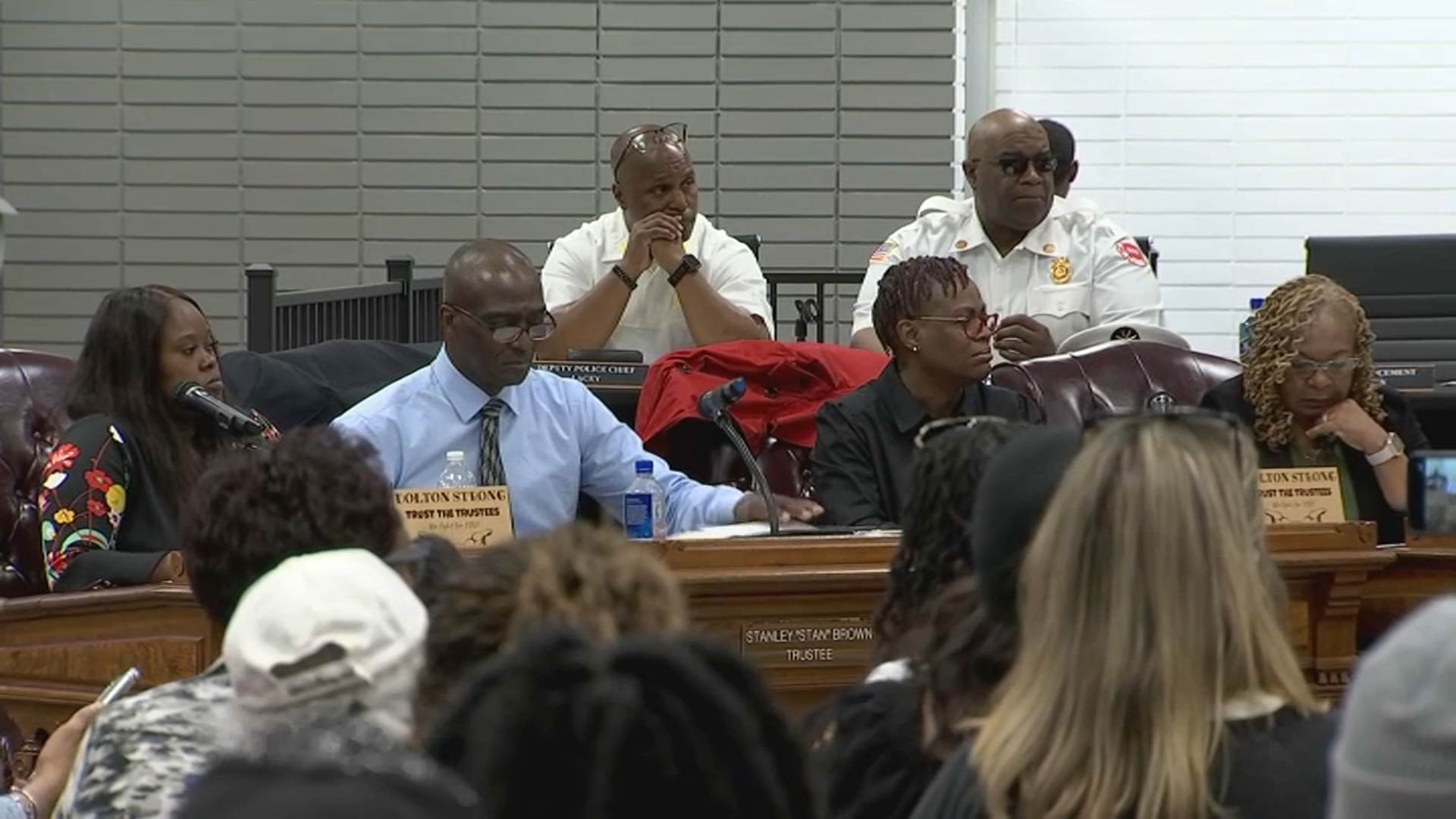The Chicago mayoral election is kicking into high gear, and while many candidates are vying for the opportunity to appear atop the ballot, the incumbent mayor is taking a different approach.
Candidates interested in running for mayor must record at least 12,500 signatures from registered voters in the city, and the first day to submit those petitions comes on Monday.
Candidates who submit their signatures on the first day are entered into a lottery to appear in the top spot of the ballot, historically a leg-up in elections, but Mayor Lori Lightfoot will instead submit her petitions on the final possible day.
“We will be filing on Nov. 28,” she said. “There’s no magic to it, but we’ll wait til the 28th to file, the last day to file, as we did four years ago.”
Under Chicago law, candidates who file on the final day are entered into a lottery for the last spot on the ballot, which could make them stand out in what’s sure to be a crowded field.
As for why Lightfoot is waiting, there are several schools of thought, with opponents suggesting that she needs more time to collect signatures, or that she wants there to be less time for those signatures to be subject to scrutiny, with candidates able to file challenges to petitions filed for city elections.
Even though she won’t win the race to file her petitions first, Lightfoot did win another key race on Wednesday, becoming the first candidate to get television ads on air in the Chicago area.
Local
Lightfoot, who has faced criticism on a variety of fronts, is seeking a second term in office, running on her performance during the COVID pandemic and in encouraging more economic equality in the city.
Dr. Willie Wilson says that he has more than 60,000 signatures, five times the required number, and that he will file those petitions on Monday. Ald. Sophia King says she will do the same.
Feeling out of the loop? We'll catch you up on the Chicago news you need to know. Sign up for the weekly Chicago Catch-Up newsletter here.
“We want to show that we’ve got support from all over the city, that people are encouraged by our platform and are encouraged to put us on the ballot,” she said.
Fellow Ald. Roderick Sawyer says that his team is still vetting signatures, and that he likely won’t file on Monday.
“We’ll see where we are,” he said. “We’re gonna look at it, we still have a lot of volunteers vetting our petitions, and we still have some signatures coming in.”
Paul Vallas, the former head of Chicago Public Schools, says that his campaign will closely evaluate the petitions of other candidates, and that challenges to those signatures are possible.
“They’ll (my staff) will decide whether or not we challenge some of the candidates, and I leave it up to their good judgment,” he said.
If a candidate files a challenge to the signatures of another opponent, or if a third-party files a challenge, then it would go before the Chicago Board of Elections for evaluation. If enough signatures are disqualified, a potential candidate could potentially be removed from the ballot, which is why candidates often obtain significantly more signatures than what they would need.
It is tradition in Chicago for candidates to file challenges. In 2019, Cook County Board President Toni Preckwinkle filed challenges to at least five of her rivals, as did Wilson. Vallas filed petition challenges against two rivals, including former Chicago Police Supt. Garry McCarthy.
Even as candidates prepare to file petitions, at least one more candidate may still jump into the race. Former Illinois Gov. Pat Quinn will announce his electoral intentions on Thursday, debating whether he should make his way into an election that already features nearly a dozen declared candidates.
Illinois Rep. Jesús “Chuy” García made a late entry into the race last week after securing reelection to Congress, hoping to finally win the job after finishing as the runner-up in 2015.



